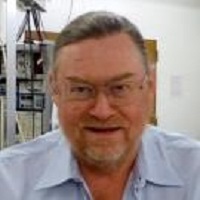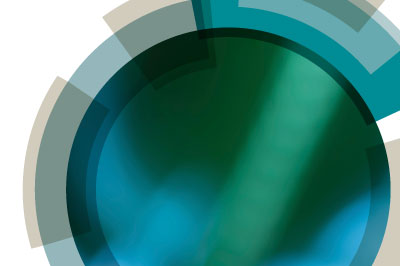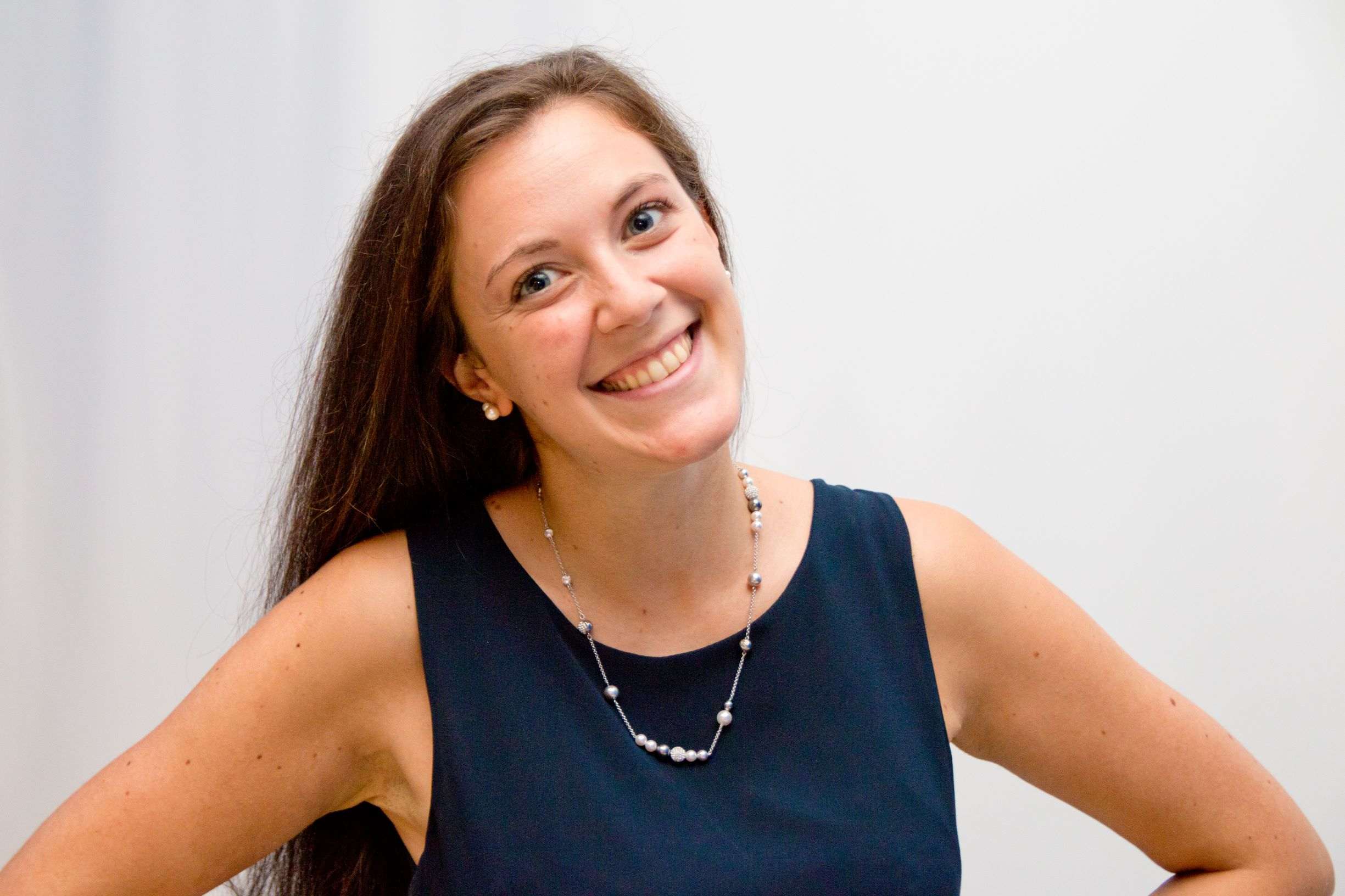 Claudia Bonfio, University of Cambridge, United Kingdom
Claudia Bonfio, University of Cambridge, United Kingdom
Claudia is an 1851 Research Fellow at the University of Cambridge, where she is exploring prebiotic membrane signalling. She completed her PhD in Biomolecular Sciences in December 2017 at the University of Trento (Italy), working with Professor Sheref Mansy on the origin and catalytic activity of ancient proteins. During her PhD, she spent research periods abroad as visiting PhD student in the Department of Astronomy at Harvard University and in the Department of Molecular Biology at Massachusetts General Hospital (Boston, MA, US), working on the astrochemistry taking place on the early Earth (with Prof. D. Sasselov) and the emergence of primordial cells (with Prof. J. Szostak). Later, as a Marie Sklodowska Curie Fellow, she joined the MRC Laboratory of Molecular Biology, where she looked into the chemical origin of modern cells. Her main research interest is focused on how life emerged on our planet and whether life could be possible elsewhere in the Universe.
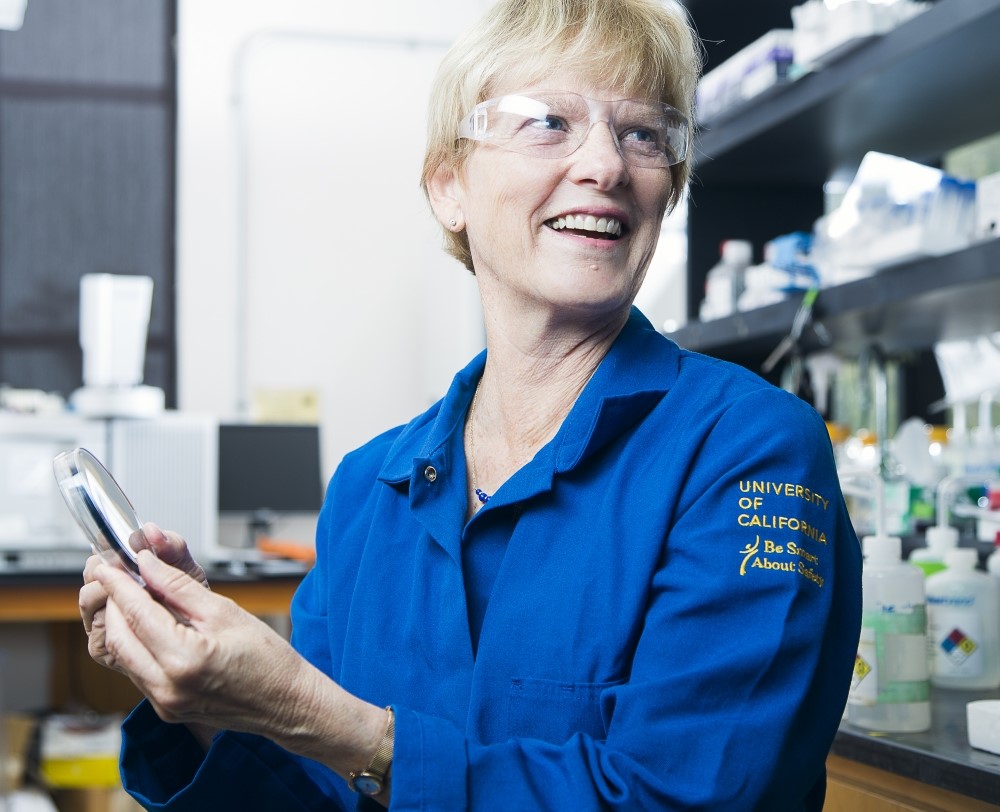 Alison Butler, UC Santa Barbara, United States
Alison Butler, UC Santa Barbara, United States
Alison Butler is a Distinguished Professor of Chemistry and Biochemistry at the University of California, Santa Barbara. She obtained her PhD degree in chemistry at UC San Diego with Robert G. Linck and Teddy G. Traylor. She was a postdoctoral fellow at UCLA with Joan Valentine, and at Caltech with Harry Gray before joining the faculty at UCSB in 1986. Her research interests in her independent career began in marine bioinorganic chemistry as a result of the extreme and unique transition metal ion concentration of the ocean. She has served as President of the Society of Biological Inorganic Chemistry (SBIC) and she is currently Chair of the Division of Inorganic Chemistry within the American Chemical Society. She is the recipient of the 2019 RSC Inorganic Mechanisms Award.
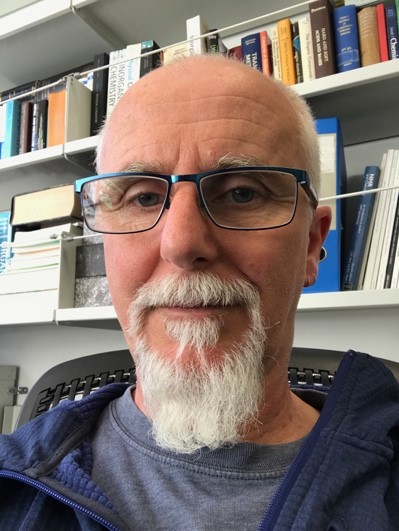 Martyn Coles, Victoria University of Wellington, New Zealand
Martyn Coles, Victoria University of Wellington, New Zealand
Martyn completed his PhD studies at Durham University working with Professor Vernon Gibson in the area of olefin polymerization. He spent the next four years in America (University of Iowa with Prof Rich Jordan; University of California Berkeley with Prof T. Don Tilley) before starting his independent career at the University of Sussex in 1999. In 2011 he moved to the School of Chemical and Physical Sciences at Victoria University of Wellington, where he was made a professor in 2019. He has just completed a four-year stint as the Head of School and is very much looking forward to getting back to research in his specialist area of main group chemistry.
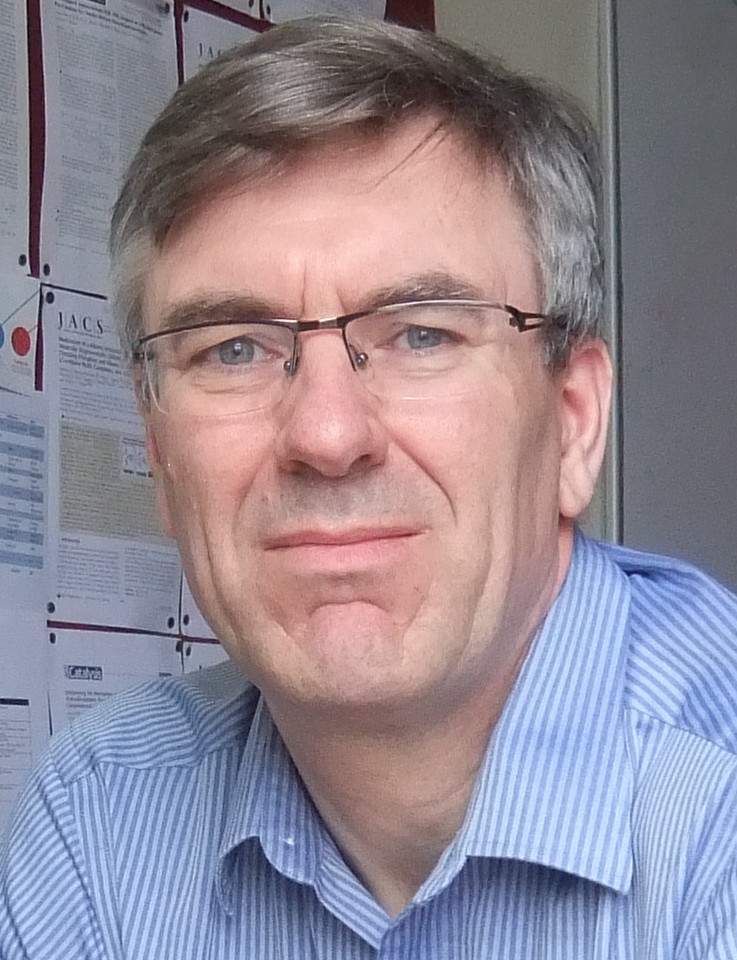 Stuart Macgregor, Heriot-Watt University, United Kingdom
Stuart Macgregor, Heriot-Watt University, United Kingdom
Stuart obtained his BSc (1988) and PhD (1992) from the University of Edinburgh, the latter with Lesley Yellowlees and Alan Welch on metallaborane chemistry. He then won a NATO Western European Fellowship to work with Odile Eisenstein at the Université de Paris-Sud in Orsay, where he first encountered density functional theory. After two years as a post-doc at the Australian National University he returned to Edinburgh in 1997 to take up a lectureship at Heriot-Watt University. He was promoted to Reader in 2006 and full Professor in 2009 and served as Head of the Institute of Chemical Sciences from 2010 to 2015. Stuart's research uses computational methods to model the structure and reactivity of transition metal systems in both solution and the solid state. He works in close collaboration with experimentalists and targets applications in catalysis. In 2019 he received the Royal Society of Chemistry's Ludwig Mond Award for his work on C–H and C–F activation and the organometallic chemistry of σ-alkane complexes in the solid state.
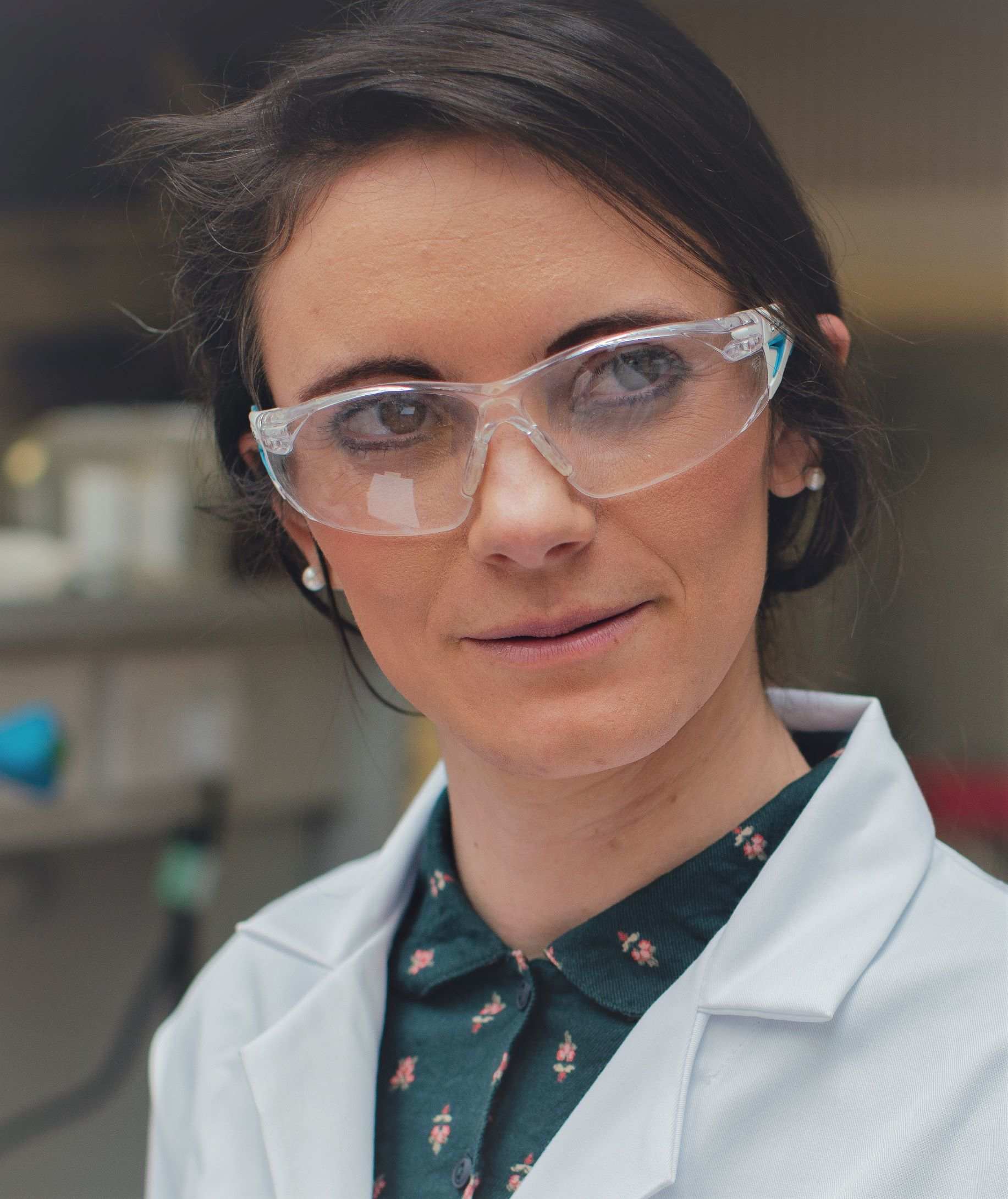 Rebecca Melen, University of Cardiff, United Kingdom
Rebecca Melen, University of Cardiff, United Kingdom
Rebecca Melen studied for her undergraduate and PhD degrees at the University of Cambridge, completing her PhD in 2012 with Prof. Wright. Following postdoctoral studies with Prof. Stephan in Toronto and with Prof. Gade in Heidelberg, she took up a position at Cardiff University in 2014, where she is now a Reader in inorganic chemistry. In 2018, she was awarded an EPSRC early career fellowship and she is the recipient of the 2019 RSC Harrison Meldola Memorial Prize. Her research interests lie in main group chemistry and the applications of main group Lewis acids in synthesis and catalysis.
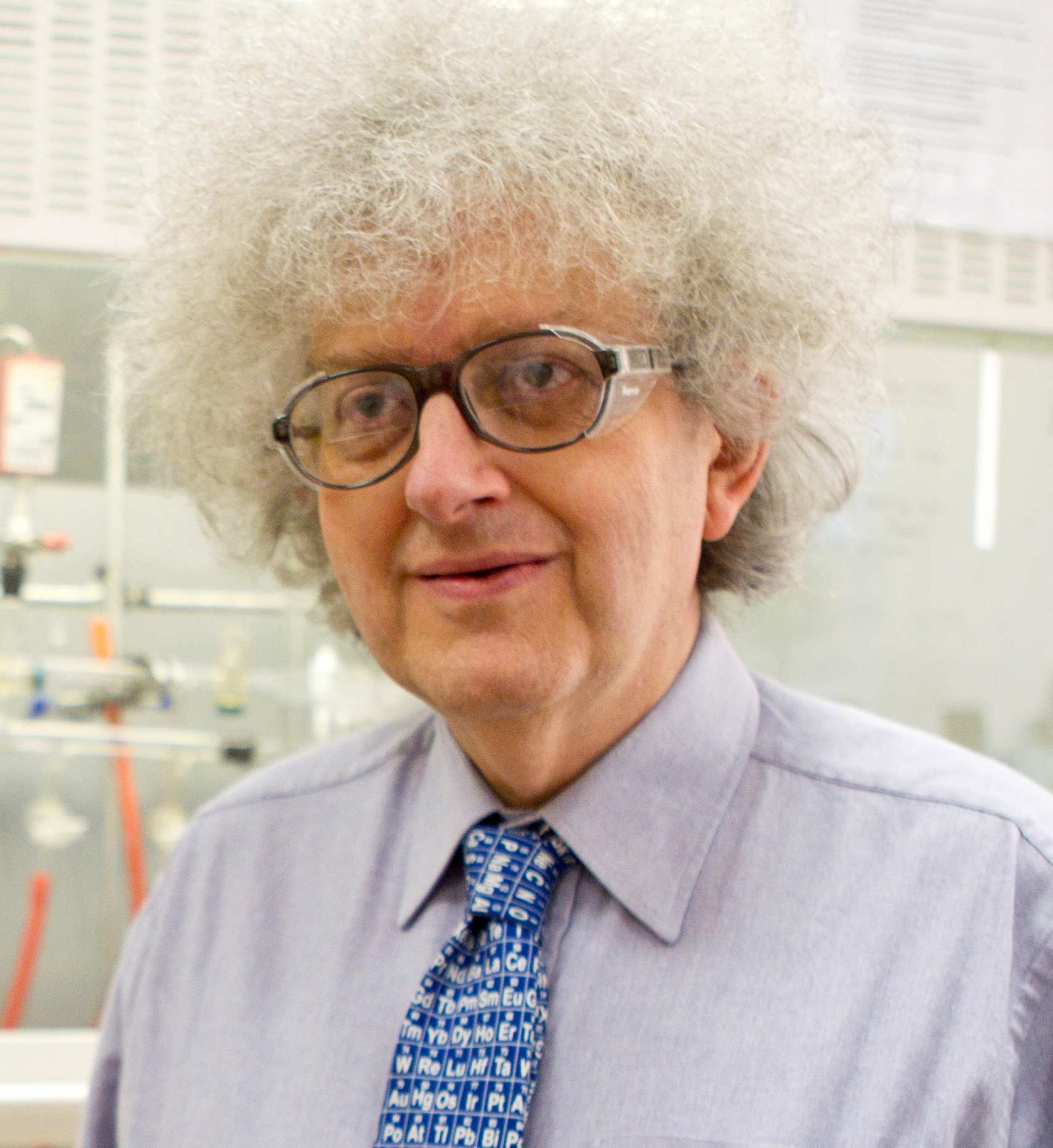 Sir Martyn Poliakoff, University of Nottingham, United Kingdom
Sir Martyn Poliakoff, University of Nottingham, United Kingdom
Martyn Poliakoff is Research Professor of Chemistry at the University of Nottingham. He carried out his PhD under the supervision of J. J. Turner at Cambridge and then worked for 7 years at the University of Newcastle-upon-Tyne before moving to Nottingham in 1979. Martyn is an HonFRSC and, from 2011-16, he was Foreign Secretary and Vice-President of the Royal Society. In 2017, he was elected FREng. His current research interests focus on Green Chemistry.
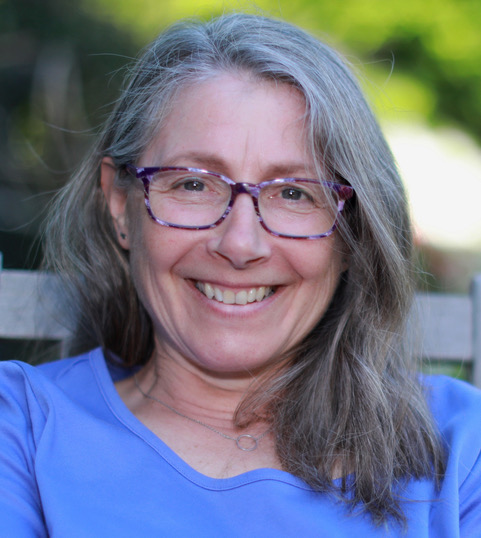 Lisa Rosenberg, University of Victoria, Canada
Lisa Rosenberg, University of Victoria, Canada
Lisa grew up on Canada’s east coast and obtained her B.Sc. (Hons.) from Memorial University of Newfoundland, where she carried out research in the group of Laurie Thompson. She obtained her Ph.D. from UBC under the supervision of Mike Fryzuk, then held two postdoctoral positions at the LCC du CNRS in Toulouse, France (Jean-Jacques Brunet, Denis Neibecker) and at the University of Iowa in the USA (Rich Jordan). She began her independent career at the University of Manitoba in Winnipeg, then moved to the University of Victoria in British Columbia, where she is now Professor. When not being a chemist, she gardens, runs, walks, makes music, and hangs with two cats and a spouse.











